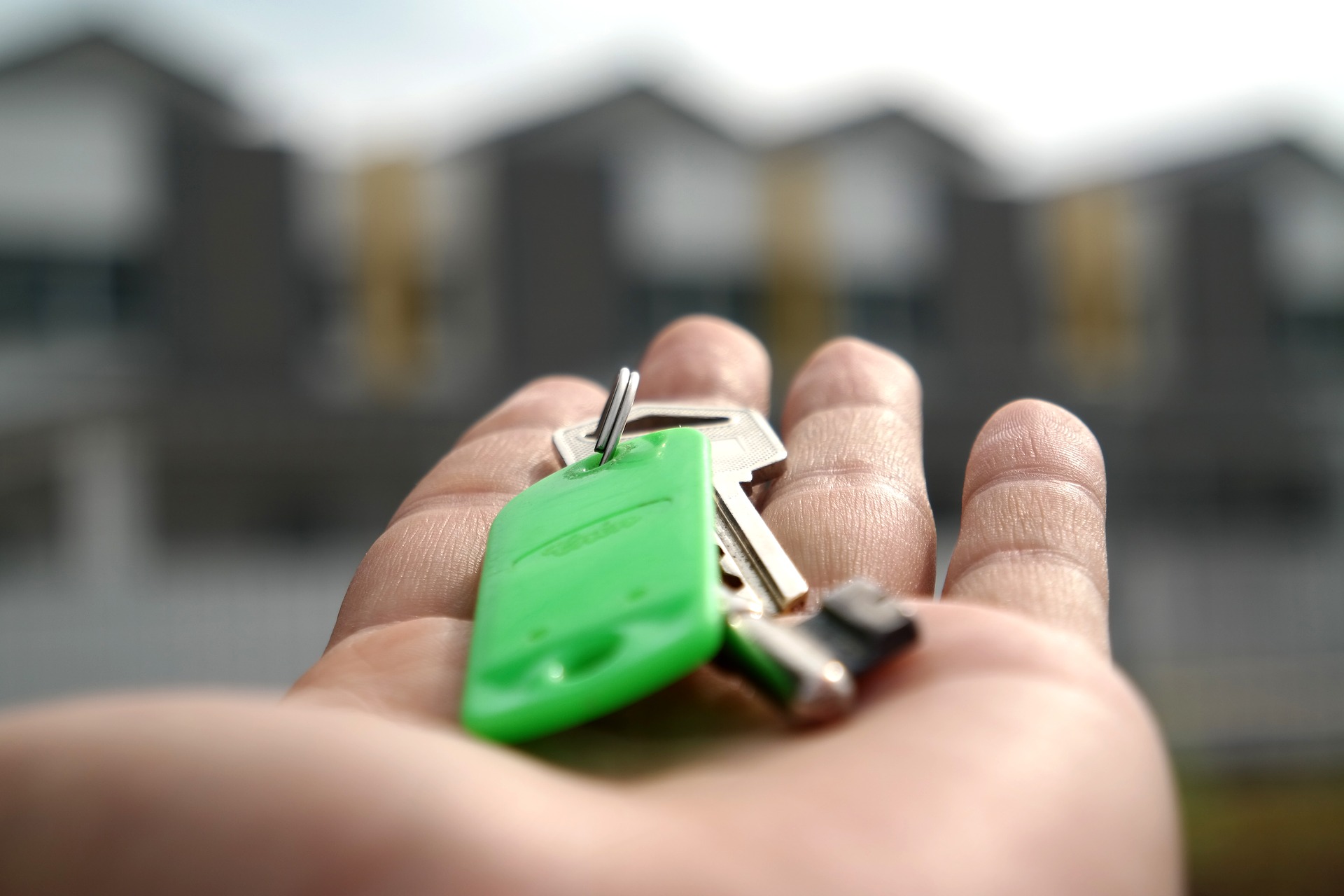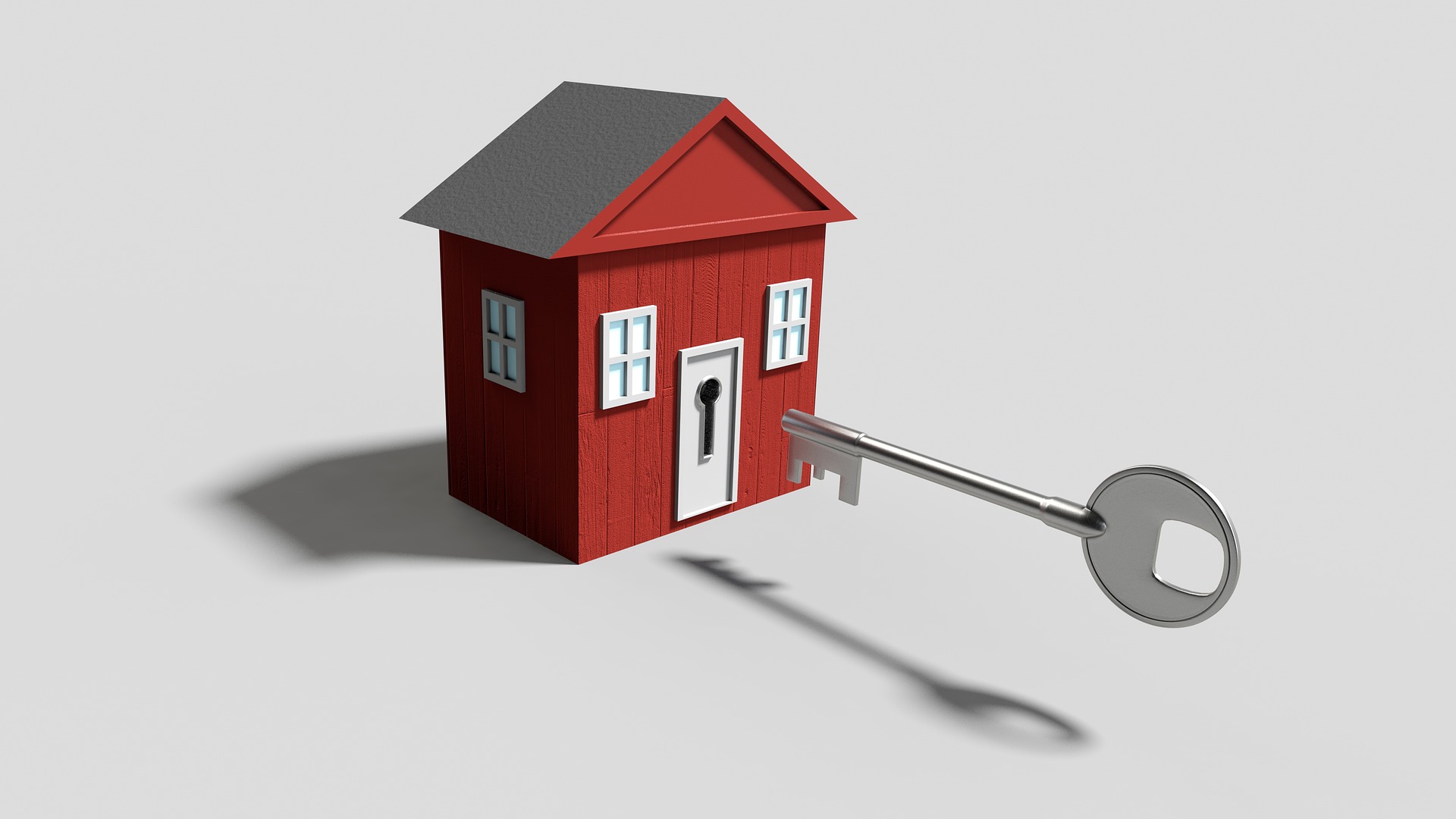When buying a home, it is important to know the documents that have to be in order, to avoid unpleasant surprises. As a starting point, you should know that these documents vary depending on whether the floor is new, second-hand or if it is under construction.
- Apartment of new construction:
A new floor for sale must have several legal documents in order before signing the contract. The end-of-building certificate, issued by the technician or developer, declares conformity with the execution of the construction work. For its part, the certificate of habitability and the certificate of energy efficiency, issued by an architect or surveyor and ensures that housing has passed the mandatory quality controls. Having this document is a necessary condition for, for example, discharging light, water and gas services.
Other documents are the license of first occupation and the obligatory guarantee. In the case of new buildings, it is mandatory that they include a ten-year insurance that responds to possible defects and defects in the structure. Finally, it is advisable to request the works permit to see that the apartment meets the conditions set out in it.
- Second hand floor:
If the option is to buy a used or refurbished apartment, it is advisable to have the title of the property and the certificate of dominion and loads, as well as the flat of the house at 1/50 scale. In the case of second-hand housing, the certificate of habitability and the certificate of energy efficiency, is important because it confirms that the property meets the minimum requirements to be able to be inhabited. In addition, it should be remembered that this document expires 15 years after its issuance, so it must be verified that it is current and in force.
Also, the seller is obliged to supply other documents if requested. This is the case of bulletins in the network of services, housing guarantees, registration data of the floor or deed of sale, and the receipt confirming the payment of the last IBI. In this last document must appear the cadastral value of the property.
If there are doubts, such as in the case of real estate located in non-urban areas or near the coast, it is important to request the urban qualification to verify its legality. Another document is the building book, which includes the identification and construction data of the building, the maintenance tasks to which it has been subjected and, if they have occurred, the reforms carried out.
Floor plan:
In the case of buying a property on plane, it is essential to verify that the amounts delivered to the seller are backed by an endorsement or insurance policy. Thus, if the agreed conditions are breached or the work is not completed, the seller will recover his money.
However, before delivering any amount of money, it is important to verify that the building has a municipal works permit, that the contract provides for the completion period of works and the date of delivery of keys (including a penalty in case of delay), And the total price of housing (plus taxes).
As for the payment methods, you have to request a document that includes the existence or not of mortgages, the subrogation and the cancellation of these. Finally, attached to the purchase contract must include the floor plan, the sketch of light, water and gas installations, the list of professionals that are expected to intervene in the work, and the quality report. If the seller breaches the contract, the buyer is entitled to claim and even request the termination of the contract, with the return of the quantities already paid.

